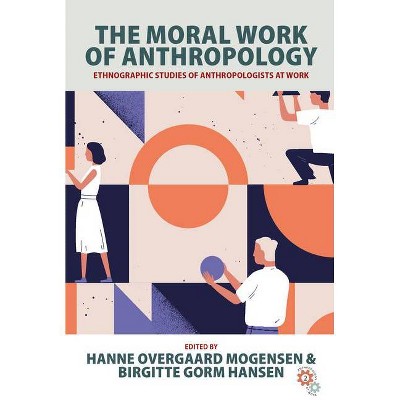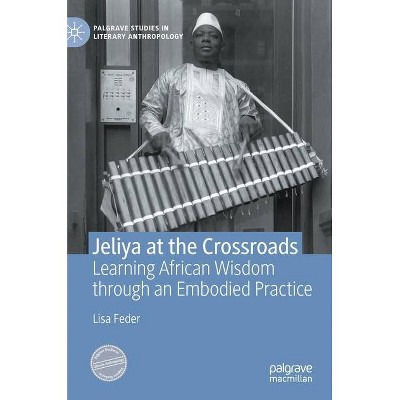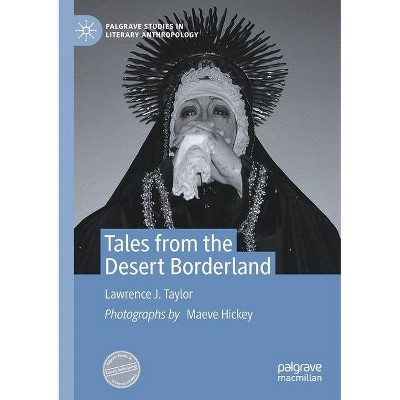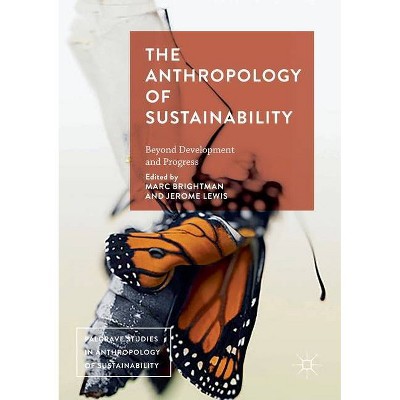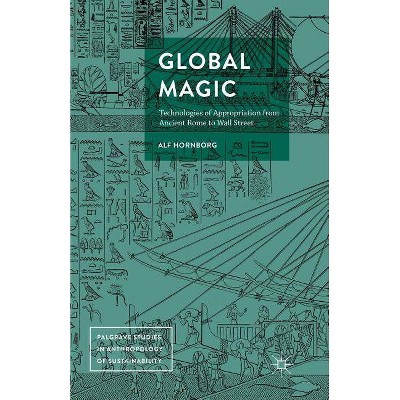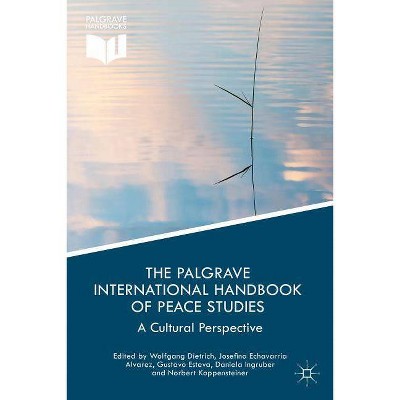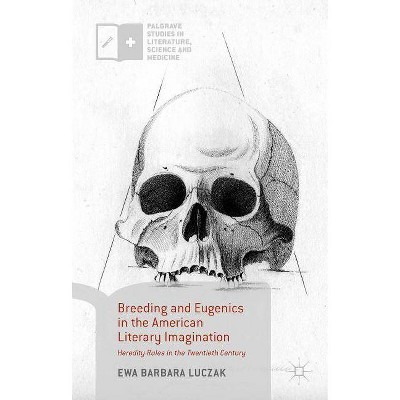Secrecy and Responsibility in the Era of an Epidemic - (Palgrave Studies in Literary Anthropology) by Hanne Overgaard Mogensen (Paperback)
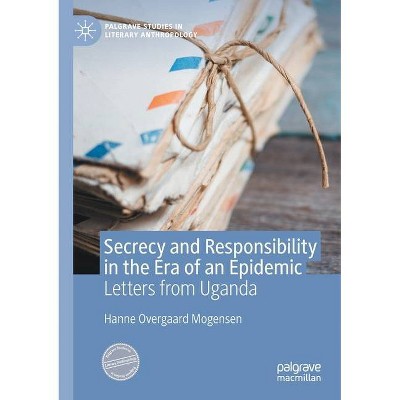
Similar Products
Products of same category from the store
AllProduct info
<p/><br></br><p><b> Book Synopsis </b></p></br></br>A narrative ethnography about a Ugandan woman and her relatives, this novelistic, fine-grained volume shows how global questions of responsibility and inequity travel in family networks and confront people with decisions about life and death. It is a story of existence under extremely challenging conditions, about belonging and marginalization, about the opacity and ambiguity of social relations, and about growing up in a country haunted by violence and civil war only to be later lifted by optimism and devastated anew by the AIDS epidemic. The story draws on long-term fieldwork and letters from the woman who takes centre stage in the story, while at once providing unique and privileged insight into the ethical challenges of a research method that demands personal involvement that is ultimately withdrawn for scholarly analysis.<p/><br></br><p><b> From the Back Cover </b></p></br></br><p>'This is a beautiful, sad, hopeful, thought-provoking book that reads like a novel and is one of the best texts I know on the intricacies of doing close-in ethnographic fieldwork. It is rare to find such rich ethnography together with such a superb account of how it was assembled. It sensitively considers ethical dilemmas of doing fieldwork with people who are poor, sick and concerned with maintaining control over knowledge about their lives.' </p> <p>--Susan Reynolds Whyte, Professor of Anthropology, University of Copenhagen, Denmark</p> <p>A narrative ethnography about a Ugandan woman and her relatives, this novelistic, fine-grained volume shows how global questions of responsibility and inequity travel in family networks and confront people with decisions about life and death. It is a story of existence under extremely challenging conditions, about belonging and marginalization, about the opacity and ambiguity of social relations, and about growing up in a country haunted by violence and civil war only to be later lifted by optimism and devastated anew by the AIDS epidemic. The story draws on long-term fieldwork and letters from the woman who takes centre stage in the story, while at once providing unique and privileged insight into the ethical challenges of a research method that demands personal involvement that is ultimately withdrawn for scholarly analysis. <br></p><p/><br></br><p><b> About the Author </b></p></br></br><p>Hanne Overgaard Mogensen is Associate Professor in the Department of Anthropology, University of Copenhagen. She has published broadly on international health, poverty and access to health care in Africa, as well as on the moral world of anthropologists both inside and outside of academia.</p>
Price History
Cheapest price in the interval: 67.99 on November 8, 2021
Most expensive price in the interval: 68.99 on October 27, 2021
Price Archive shows prices from various stores, lets you see history and find the cheapest. There is no actual sale on the website. For all support, inquiry and suggestion messages communication@pricearchive.us
